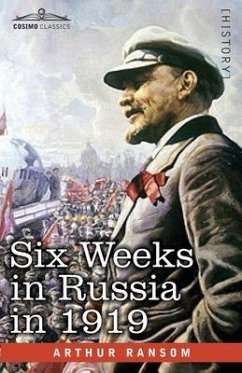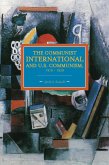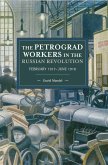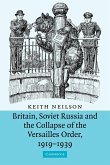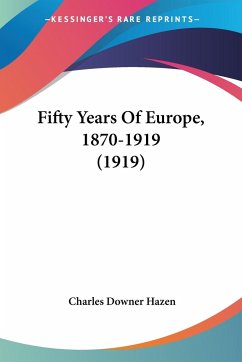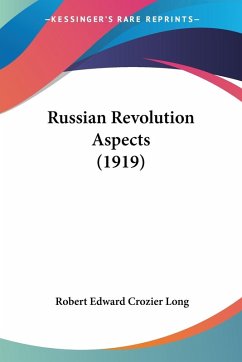"For the rest it is a straightforward account of what life is like in Soviet Russia. Ransom seems like an uncommonly intelligent and honest Englishman, whose thorough acquaintance with Russia and familiarity with the Russian language, customs and character qualify him exceptionally for the work of getting at the relevant facts." -Alvin Johnson, New Republic, (1920) With Six Weeks in Russia (1919) Arthur Ransom hoped to fill a gap in the knowledge of other Britons about "the gigantic experiment" in the Russian economic and political systems that followed the Bolshevik Revolution. As a British correspondent, Ransom had tried to get "as near as any foreigner who was not a Communist could get to what was going on," and his book was meant to be an accurate record of his own impressions of the internal conflicts in Russia, "set against a background of that extraordinary vitality which obstinately persists in Moscow even in these dark days of discomfort, disillusion, pestilence, starvation and unwanted war."
Hinweis: Dieser Artikel kann nur an eine deutsche Lieferadresse ausgeliefert werden.
Hinweis: Dieser Artikel kann nur an eine deutsche Lieferadresse ausgeliefert werden.

